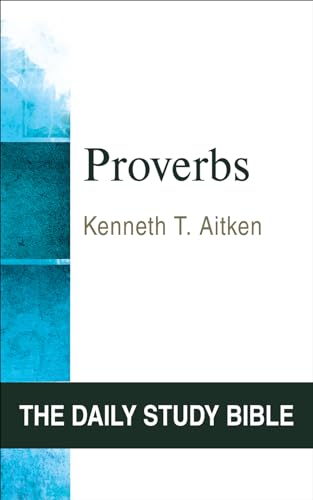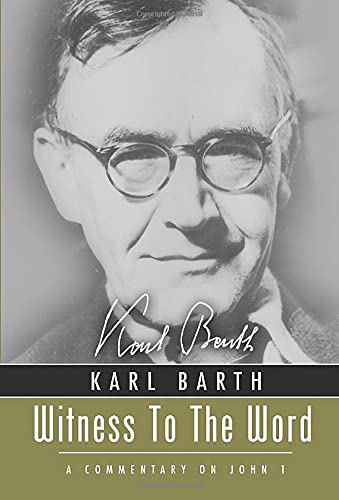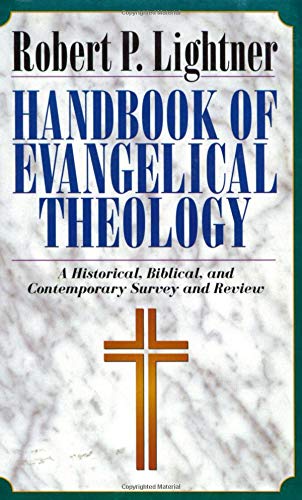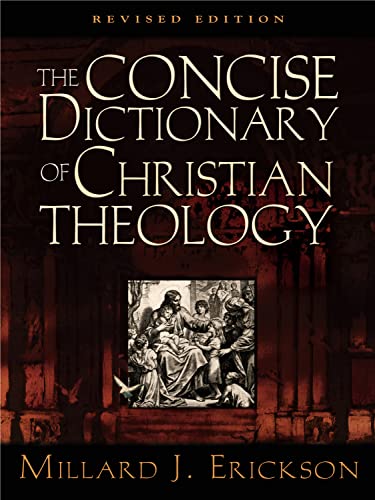God’s Partner: An Encounter with Judaism
Written by Willem Zuidema Reviewed By Walter RiggansThis book, by the then Study Secretary for Jewish-Christian relations for the Reformed Churches in the Netherlands, shows the appreciation of Judaism that one might expect and welcome from a Dutch scholar, and is well suited to students in their first year of theological study. John Bowden’s translation flows with characteristic clarity. The notes and bibliography are very good and representative of their areas of study. But one major criticism must be made at the outset, namely that the book only deals with orthodox Jewish life, thereby neglecting the full range of world Jewry today. However, this review will deal with the book as an introduction to normative Orthodox Judaism.
Zuidema has built this book up from years of teaching seminars to Christian groups, and suggests that the book could be used profitably in this way by Christians today. This reviewer would endorse that suggestion, having used the sections on the Sabbath, the Festivals, Torah and ethics, and the State of Israel.
The book has two goals. Firstly, to give an introduction for Christians to (Orthodox) Judaism as it is lived by Jews today, an introduction which will be empathetic and correctly fair. In the light of the strongly negative way that Christians have presented Jews and Judaism down the centuries this is especially welcome. He is quite familiar with the rabbinic sources and with modern Orthodox thought, and quotes liberally and well. In particular he seeks to expose and do away with the Christian myth that Judaism is a sterile, crippling legalism. These Jews love God and delight to worship him and obey his commandments, seeing it as a duty and pleasure. In this goal he does very well indeed, and evangelicals will learn a great deal about what it means to see oneself as a member of a covenant community, with a personal relationship to the God and Father of Jesus, rooted in the Hebrew Bible, and testifying to the providential care of that God in history, yet without being a Christian.
Secondly, his goal is to help Christians in ‘recovering that original and authentic way of thinking’ of the NT church (p. xi). His underlying thesis is that the first generations of Christians (who were of course mostly Jewish ethno-culturally, built on the foundation of Jesus himself and the apostles) were not Christians in spite of their Jewish heritage, but that they fully incorporated that heritage, and indeed that God intended and used that heritage. There is of course a growing consensus in Christian scholarship of the need to appreciate the Jewish roots of the NT and church liturgies, and Zuidema’s book will be welcomed in this tradition.
However, evangelicals will be cautious in this part of Zuidema’s work, more precisely in his section 3, ‘The Parting of the Ways’ (pp. 29–48). He accepts the description of Christianity and Judaism as ‘sister religions’ deriving from a common mother religion, the Judaism of Israel in the period of the Second Temple, and adds that: ‘Of the two, Judaism has remained more faithful than Christianity to its origin’ (p. 29). This statement begs two questions: (a) By what criterion are we to judge this faithfulness to our common origin? Evangelical Christians, including Hebrew Christians, will claim that they are actually part of the faithful community of God, faithful to God’s purposes and promises as found in both Testaments, and as centred in the promised Messiah, Jesus of Nazareth. Orthodox Jews will claim this biblical integrity for themselves, and even Zuidema admits that in large part both communities have developed by repudiating each other.
(b) Why assume that the Judaism which survived the Babylonian Exile (and here is another weakness of the book, in that he hardly deals with the fertile, creative milieu that was the Jewish people at the time of the birth of Jesus) was the true daughter of the OT faith? There was no monolithic Judaism then, certainly not the developed rabbinic Judaism which lies behind modern Orthodoxy, and it is not enough to state that the eventual leading understanding of how God’s ancient people should relate to God and Torah and the world after the destruction of the Temple in ad 70 was the true ‘daughter’ of the ‘matriarchal’ faith of the OT. It is without doubt true that Christians need to appreciate the richness and importance of Jewish life between the Testaments and, further, to appreciate the continuing and present-day value of Judaism (again, richer than the Orthodoxy we see in this book), but it is also true that Christians have a right to question who has been more faithful to the OT faith.
Zuidema is especially attracted to what he sees as a central conviction of Judaism, namely that God expects his people to be partners with him in bringing creation to its fulfilment according to the grace and purposes of God. This theological persuasion is interesting to follow throughout the book. It is a very worthwhile book to read and have in your library.
Walter Riggans
General Director of Churches’ Ministry among the Jews (CMJ) based in St Albans







